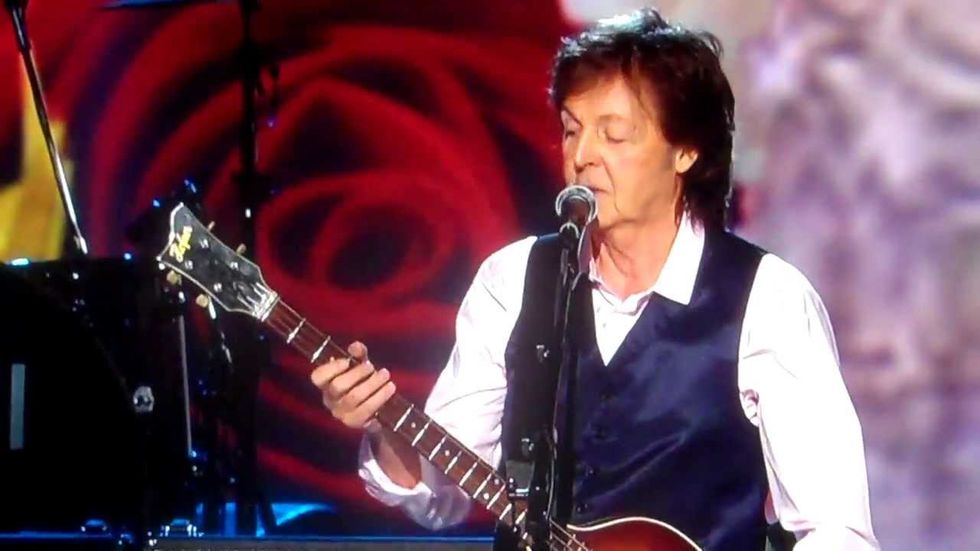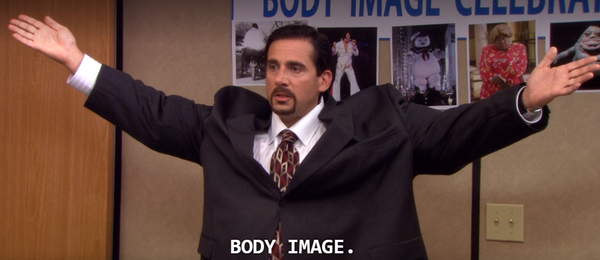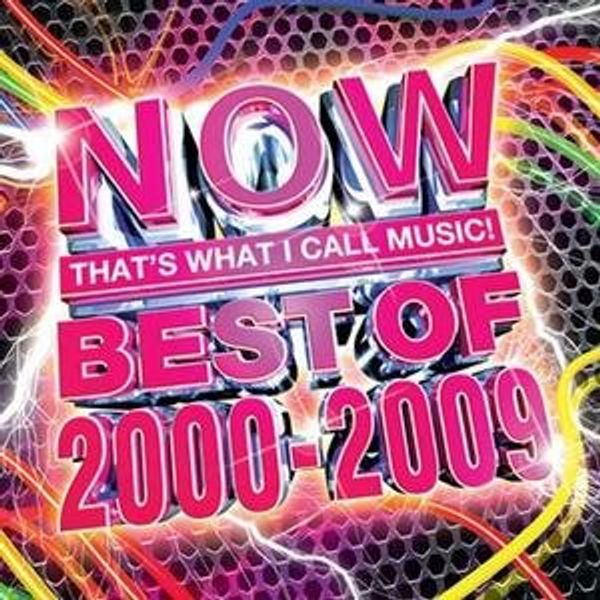A few months ago, I saw Paul McCartney play at Madison Square Garden, and it was one of the most surreal experiences of my life. Even if you were to disregard my own sentimental associations with Paul and "The Beatles," seeing this man is to see a living legend. His importance goes far beyond the numbers.
Yes, "The Beatles" are the best selling band of all time. Yes, they released some wildly popular hits and racked up countless platinum records – but as cliché as it sounds, they've grown far beyond their records.
They are, arguably, the most important influence on popular music – both their early works, with its catchy melodies/hooks, and their latter, more experimental works, redefined rock for an entire generation. Everyone grew up listening to "The Beatles." And if everyone grew up listening to "The Beatles," then so too did the next generation of major artists.
That's why, through my own conjectural interpretation of history, there are traces of "The Beatles" everywhere. Musicians from as far ranging backgrounds as Kurt Cobain and Billy Joel have touted "The Beatles" as their primary musical influence, and you can hear it in their music.
But that's not even half of why my experience seeing Paul was like seeing Lincoln jump out of his portrait and give the Gettysburg Address. This man is more than just a musician – he's an historical piece. Somehow, history has treated "The Beatles" so well that they've become more than just a band from the '60s; they've become a part of the identity of the '60s.
"The Beatles" have grown to embody a decade, and by extension, so has Paul. He was an integral part of a cultural climate that was transforming, cementing himself in such a way that he's become synonymous with '60s counter-culture.
Not only that, but if you were someone who was anybody in the '60s, you probably would have met Paul McCartney. In his presence, it felt as if I was somehow being connected with so many titanic figures from the past.
Finally, taking after my father, I grew up listening to "The Beatles" too. I can recognize any one of their songs instantly. There's an intimate connection I have with their music that I have with few other musicians.
Combine all of that together, and you've got the reason why I was so overwhelmed when I saw Paul take the stage. I was still pinching myself, as if in a dream, when he walked up towards the microphone. Age had taken its toll on him, and there was an inescapable frailty in his appearance; nonetheless, he was sprightly as he clutched the mic and paced around the stage.
He sang his first song of the night, the major hit: "Hard Day's Night." The cheers of the crowd, elicited merely from his appearance, were drowned out by the sound of his voice.
And boy, what a horrible voice did he have. Every high note was a croak, and every sustained one was a quivering mess. Clearly, his vocal range was not what it once was. One might even interpret his performance through a lens of pity, as a man desperately holding on to his youthful passion for the stage, unable to come to terms with the inevitability of his age.
But I would instead frame it in a more positive light, as someone refusing to let age hinder what he loves most.
Either way, it didn't matter to me whether or not he sang like the McCartney of old. It was enough to hear him, in his familiar Liverpool accent, tell us anecdotes from his life in between his songs. Honestly, I would rather have attended a Paul McCartney lecture than a Paul McCartney concert.
The truth is I came to bear witness to Paul, not to hear him sing.



















